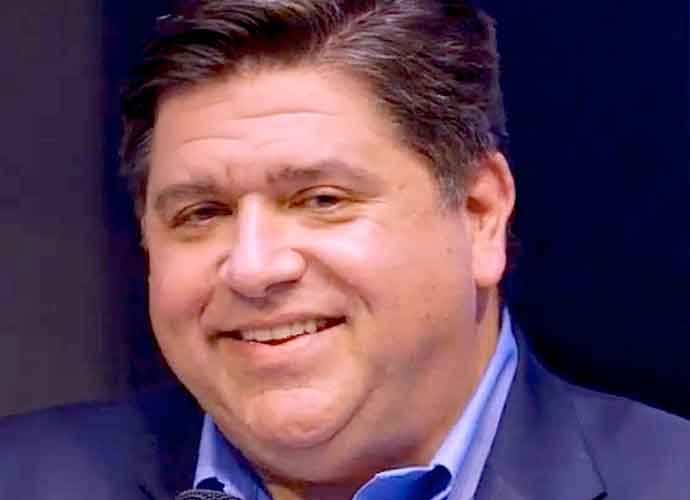New Illinois Pot Laws: Marijuana Will Be Legal In January 2020 – How Will Current Laws Be Enforced Until Then?
Illinois lawmakers approved a plan to legalize marijuana last Friday, but there have already been many talks about how the people can now use the drug legally. Many did not realize that Gov. J.B. Pritzker has not yet signed the bill into law and it won’t take effect until Jan. 1, 2020.
The big question is what should law enforcers do between now and January?
The state police have stated that though in some cases they will continue to cite people for breaking the current law until the new law comes to effect, many county prosecutors have said that they rarely pursue criminal charges for low-level cases.
“We’re not changing anything until Jan. 1,” said Westchester police Chief Steven Stelter, president of the Illinois Chiefs of Police Association. “The (current) law is still the law.”
Subscribe to our free weekly newsletter!
A week of political news in your in-box.
We find the news you need to know, so you don't have to.
The bill will allow the commercial sale of marijuana by licensed growers and retail stores, permission for individuals to possess up to 30 grams of cannabis and the pardoning and wiping of public records anyone with relatively minor marijuana convictions.
In 2016, the state decriminalized possession of up to 10 grams of marijuana, making it punishable instead by a civil fine, similar to a traffic ticket.
Cook County State’s Attorney Kim Foxx announced that her office would no longer prosecute low-level marijuana offenses and would divert Class 4 marijuana felonies to treatment rather than imprisonment. She is also planning to help convicts expunge all misdemeanor cases.
SLIDESHOW: TOP DEMOCRATS RUNNING FOR PRESIDENT IN 2020
DuPage County State’s Attorney Robert Berlin said he will leave it up to individuals to apply for expungement in 2020 and will review them on a case-by-case basis depending on the seriousness of the offense and the person’s background. But until then, his office will not prosecute misdemeanor possession cases.
“I don’t think it’s a wise use of our resources,” he said, “where we know the offenses won’t exist come Jan. 1.”
McHenry County State’s Attorney Patrick Kennealy said his prosecutors already charge very few low-level marijuana offenses — most of them are handled with fines.
In 2016, 42% of drug arrests statewide were for marijuana, according to the Illinois Criminal Justice Information Authority.
Get the most-revealing celebrity conversations with the uInterview podcast!








Leave a comment